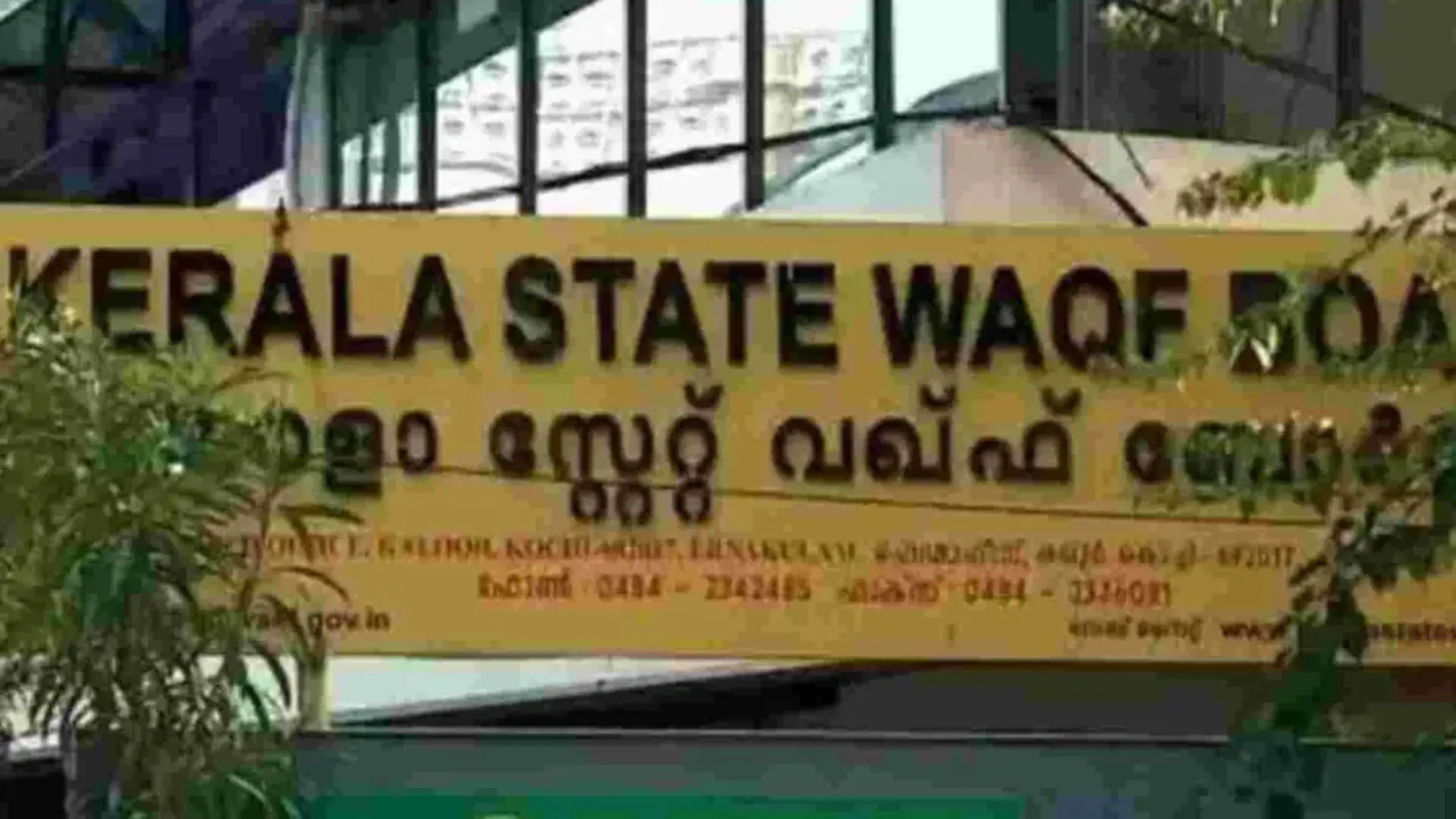In a controversial case unfolding in Wayanad, Kerala, five families are in a battle to retain their homes after receiving notices from the Waqf Board. The Waqf Board, which oversees the management of Muslim religious endowments and properties, has made a claim to land spanning 5.77 acres in the region, accusing these families of occupying land without authorization.
The Families’ Struggle
On October 28th, the five families in question received formal notices from the Waqf Board demanding that they vacate their properties. These notices were issued based on an oral submission made by a cleric in 2022, asserting that the land, which the families have held for decades, was actually Waqf property. The families, who have lived on the land for generations, are now facing the threat of eviction, a situation that has sparked outrage and concern in the community.
According to the affected families, the claims are based on questionable grounds. One family, whose property is being targeted, reported that they were approached by the Waqf Board after attempting to sell a portion of the land. This prompted the involvement of the Thalapuzha Hayathul Islam Jamiat, which has claimed ownership of the disputed land.
The families argue that they have legal documents dating back to before 1970, showing their rightful ownership of the land. Despite these records, they now face the possibility of losing their homes and livelihoods, with the Waqf Board’s claim threatening to dispossess them without proper compensation or legal recourse.
Waqf Board’s Claim and the Oral Submission

The Waqf Board’s claim is primarily based on an oral submission from a cleric, which asserts that the land should be classified as Waqf property. This submission has raised several questions about the validity and legal standing of the claim, particularly since it is not supported by formal documentation.
The families impacted by this decision have shared their frustrations with local media, stating that they were never informed about the Waqf status of the land until the notice arrived. They further claim that at least 50 families in the region have been affected by similar notices. The families have been given a deadline of November 16 to produce any evidence of ownership, adding pressure to an already tense situation.
Legal Implications: Kerala High Court’s Verdict
The ongoing dispute is also being examined through legal lenses. In a related legal development, the Kerala High Court has issued a significant observation regarding land claims under the Waqf Act. According to Section 52A of the 2013 Waqf Act, anyone occupying land without permission from the Waqf Board can be treated as an encroacher. However, the Kerala High Court has made it clear that these provisions will not have retrospective effects, meaning that criminal action cannot be taken against those who have held the land for decades without facing legal repercussions.
This ruling is seen as a potential relief for the affected families, as it could prevent them from facing criminal charges despite the Waqf Board’s claims. The ruling is expected to bring some legal clarity and offer the families a possible route to challenge the Waqf Board’s claims.
Impact on the Local Community
The Wayanad Waqf controversy has sparked widespread concern, not only among the affected families but also within the larger community. Many residents fear that the Waqf Board’s actions could set a dangerous precedent, leading to further encroachments on private property under the guise of religious claims.
Local activists have rallied around the families, urging the government and judiciary to intervene and protect their rights. Some have argued that such actions by the Waqf Board could cause more harm than good, potentially fueling tensions and exacerbating divisions within the region.
The Way Forward
With the deadline of November 16 looming, the affected families are left in a state of uncertainty, as they struggle to gather the necessary documentation and mount a defense against the Waqf Board’s claims. They have called on the authorities to take a closer look at the case and provide fair compensation for the lands they have called home for generations.
As the legal battle continues, the eyes of the nation are on Wayanad, with many hoping that justice will prevail and that the rights of these families will be upheld against what they see as an unjust land grab under the Waqf Act.
Read More : PM Modi Pays Tribute To Pandit Nehru On His Birth Anniversary



















